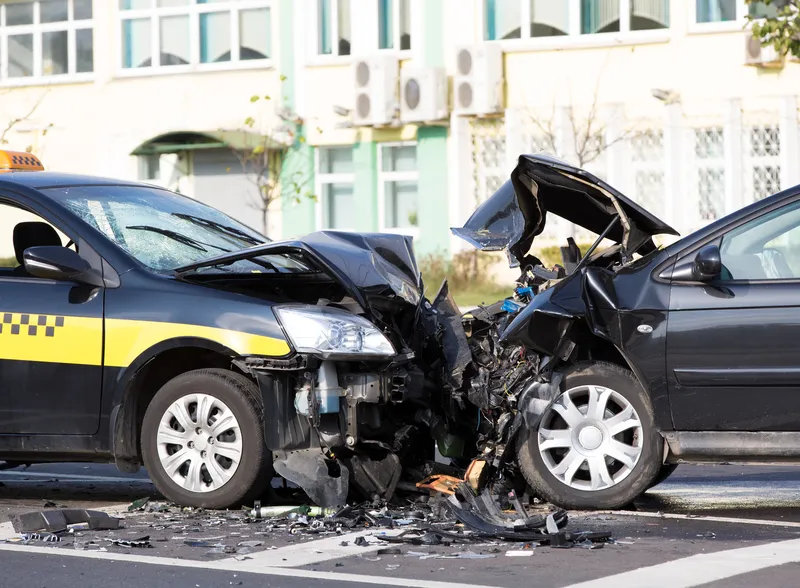Ricardo-AEA has been awarded a major three-year contract to run the European Commission’s Transport Research and Innovation Portal (TRIP) – a public, online platform that shares up-to-date information on transport research projects and activities across Europe.
Over the next three years, Ricardo-AEA, together with its partners TRT Trasporti e Territorio, the Czech Transport Research Centre (CDV), Fraunhofer ISI, the University of the Aegean and TEPR, will update and verify TRIP’s existing content, adding
January 16, 2015
Read time: 2 mins
Ricardo-AEA has been awarded a major three-year contract to run the 1690 European Commission’s Transport Research and Innovation Portal (TRIP) – a public, online platform that shares up-to-date information on transport research projects and activities across Europe.
Over the next three years, Ricardo-AEA, together with its partners TRT369 Trasporti e Territorio, the Czech Transport Research Centre (CDV), Fraunhofer ISI, the University of the Aegean and TEPR, will update and verify TRIP’s existing content, adding in new findings from the latest transport research programmes. The work will ensure TRIP continues in its role as Europe’s ‘one-stop shop’ for comprehensive and reliable information on a wide range of resources related to transport research.
A significant amount of transport research is funded both at the national and EU levels. By collating this information within an easily accessible portal, TRIP provides policymakers and researchers with easy access to the findings from transport research programmes, enabling them to apply the results of research in real-world applications and helping them identify gaps in Europe’s knowledge base, and avoid duplication in future research plans.
In addition to collating results, Ricardo-AEA’s experts will conduct robust analyses and reviews of the findings included within the portal to ensure TRIP provides a high quality information and data. The company will also be responsible for disseminating the latest research findings to the European transport research and policy communities through regular and engaging updates.
Over the next three years, Ricardo-AEA, together with its partners TRT
A significant amount of transport research is funded both at the national and EU levels. By collating this information within an easily accessible portal, TRIP provides policymakers and researchers with easy access to the findings from transport research programmes, enabling them to apply the results of research in real-world applications and helping them identify gaps in Europe’s knowledge base, and avoid duplication in future research plans.
In addition to collating results, Ricardo-AEA’s experts will conduct robust analyses and reviews of the findings included within the portal to ensure TRIP provides a high quality information and data. The company will also be responsible for disseminating the latest research findings to the European transport research and policy communities through regular and engaging updates.









